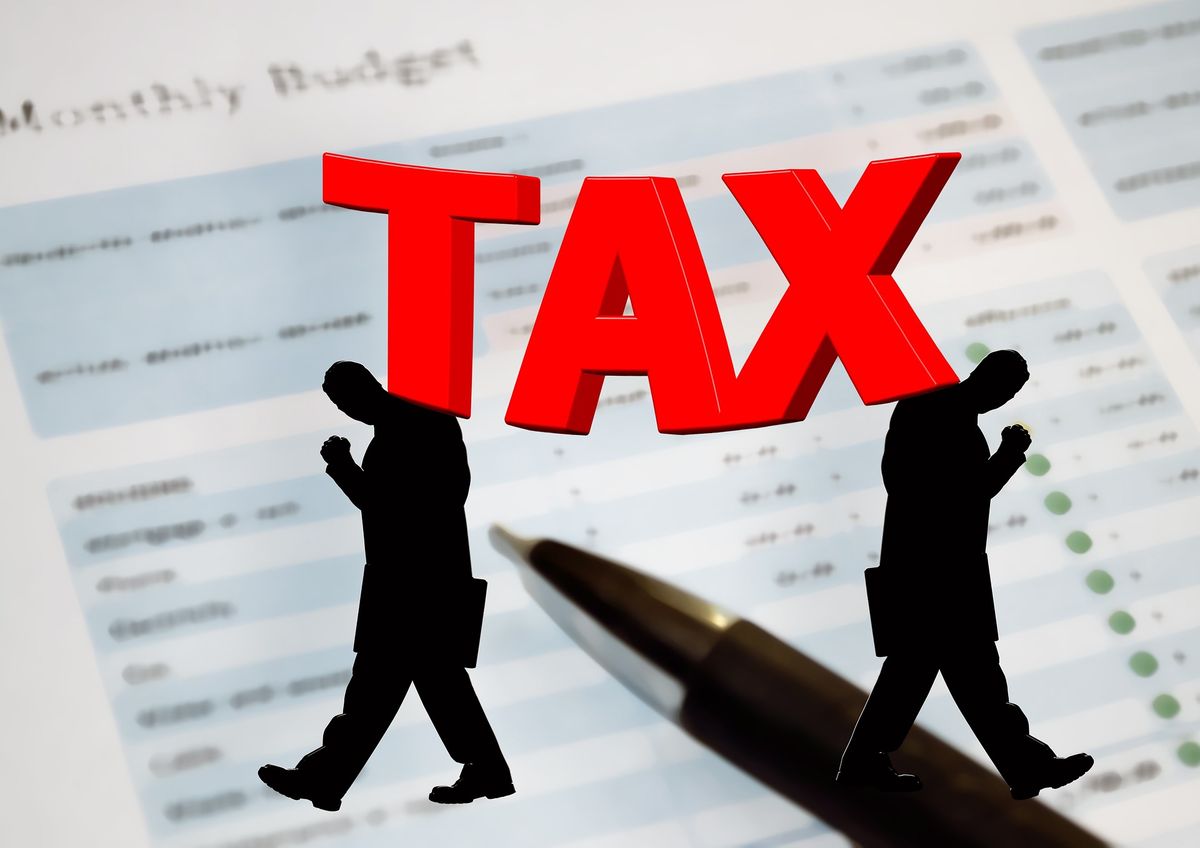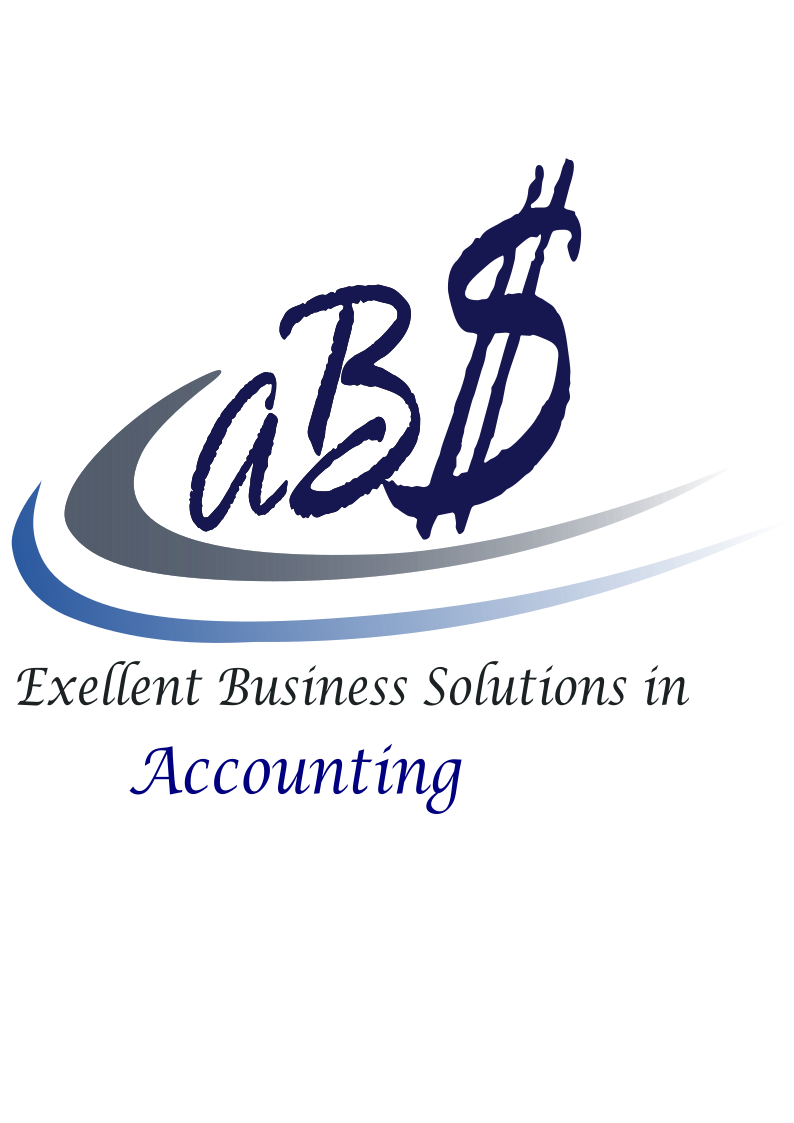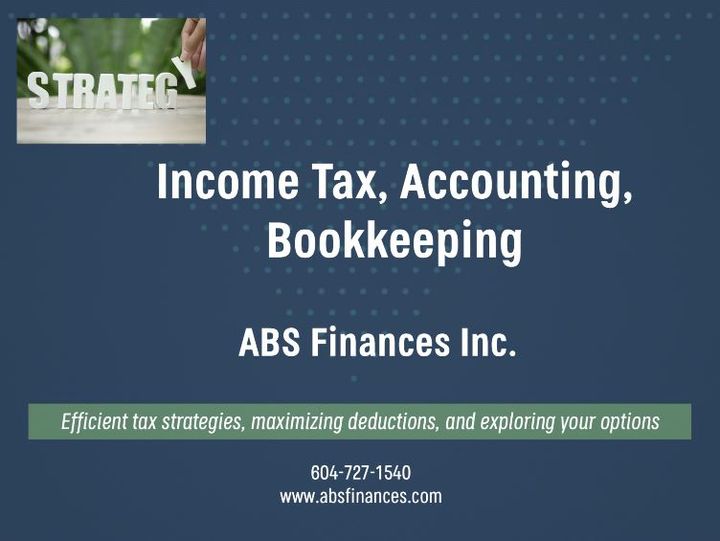PST - Small Seller

What defines a small seller?
You are a small seller if you meet all of the following criteria:
■ you are located in BC but do not maintain established business premises and do not regularly make retail sales from established commercial premises (see Established Commercial Premises or Established Business Premises below)
■ you sell eligible goods, software or services at retail
■ you have $10,000 or less in gross revenue from all retail sales of eligible goods, software and services in the previous 12 months, and your estimated gross revenue from all retail sales of eligible goods, software and services in the next 12 months is $10,000 or less
■ you have not sold goods at wholesale (i.e. sold goods to another person for resale) in the previous 12 months
■ you do not sell:
• vapour products, vehicles, boats or aircraft in the ordinary course of your business
• accommodation
• liquor, except under a special event permit or at an auction (for information on how PST applies in these situations, see Bulletin PST 300, Special Event Liquor Permits and Bulletin PST 320, Liquor Sold at Auctions)
• cannabis products (see Bulletin 141, Cannabis)
■ you are not:
• a lessor (see Bulletin PST 315, Rentals and Leases of Goods)
• an independent sales contractor (see Bulletin PST 004, Direct Sellers and Independent Sales Contractors)
• a contractor who supplies and affixes, or installs, goods that become part of real property (see Bulletin PST 501, Real Property Contractors)
Established Commercial Premises or Established Business Premises
If you maintain established business premises or you regularly sell eligible goods, software or services, or lease goods, from established commercial premises, you do not qualify as a small seller, even if your gross revenue is $10,000 or less.
Established Commercial Premises
Established commercial premises is a recognized location where your customers purchase goods, software or services, or lease goods, including:
■ A storefront location, including retail stores in malls and strip malls
■ Retail stores operated by a non-profit or charitable organization
A consignment store
■ A kiosk located in a shopping mall, recreation centre, convention or conference centre, club or similar location
■ A stall or table in an outdoor location generally rented for sales or leases (e.g. a bazaar, flea market, amusement park or fairgrounds)
■ A storefront attached to a residential building
■ An established studio (e.g. pottery or painting studio) on residential property, which is advertised and where customers can come to make purchases
■ A space (or room) in a house designated for the purpose of making sales or leases (e.g. you operate a hair salon in your home and the salon is advertised to clients who come there to receive hair styling and purchase hair care products.
You may still qualify as a small seller if you only occasionally make retail sales from established commercial premises. However, you need to meet all other criteria as a small seller, including having $10,000 or less in gross revenue from all retail sales in the previous 12 months and having $10,000 or less in estimated gross revenue from all retail sales in the next 12 months.
Established Business Premises
Established business premises is a recognized location for general business activities, including:
■ A business office in a strip mall
■ A business office in an office building
■ Other locations designated for business or industrial use (e.g. ground floor offices in an apartment building)
■ A designated space in the home used for a home office where you also maintain a storefront or make sales or leases to customers (e.g. a home office where you meet clients and provide legal services) Established business premises do not include: ■ Office space occupied by a charity, non-profit or benevolent organization (these are not business premises as the organization itself does not intend to make a profit; however, if the organization operates a storefront from the office, the location is an established commercial premises)
■ A designated space in the home used for a home office or to make crafts or hobby items for sale, provided you do not also operate a storefront from the home (e.g. a workshop in your basement where you make wood carvings that you sell online or at the occasional garage sale is not an established business premises) If you maintain established business premises, you do not qualify as a small seller even if your gross revenue in the previous 12 months is $10,000 or less.
Calculating Gross Revenue
To calculate your retail sales of eligible goods, software and services in the previous 12 months, you need to include sales of both taxable and exempt goods, software and services, even if the retail sales occur outside BC or outside Canada. To determine if your gross revenue from all retail sales in the previous 12 months is $10,000 or less, you need to calculate and keep track of your monthly gross sales.
You also need to keep a cumulative total of your sales. You calculate your gross revenue from all retail sales in the previous 12 months based on the immediately preceding 12 consecutive months, not on a calendar year. If at any time your gross revenue from all retail sales in the previous 12 months exceeds $10,000, you must register for PST.
Closing Your PST Account
If you choose to no longer be registered to collect and remit the PST and want to close your PST account, submit a closure request:
■ Online using eTaxBC
■ By submitting a Request to Close Provincial Sales Tax Account (FIN 357) You must file and pay all tax returns up to the closure date, even if a return is nil. You may close your PST account if:
■ you have been registered to collect and remit PST for at least one year,
■ you meet all the criteria as a small seller (see Who Qualifies as a Small Seller above), and
■ your PST account is up to date (i.e. you have no outstanding PST returns or balance due with the ministry) If your application is approved, you will be notified by letter that, effective the date of the letter, your PST account is closed and you are now a small seller. You must collect PST until the effective date of your account closure as set out in your letter of cancellation.
Responsibilities of Small Sellers
If you qualify as a small seller and choose not to register for PST, you need to be aware of the following requirements.



